Speaking to his followers in a televised address on Wednesday, newly minted Hezbollah leader Naim Qassem struck a defiant tone that seemed at odds with the current state of his militant group after months of punishing Israeli attacks.
“We have tens of thousands of mujahideen resistance fighters, trained fighters who are capable of confronting and standing firm,” he said of the Hezbollah operatives confronting Israeli troops in southern Lebanon. Across the border in Israel, he added, “There is no place … which the [drones] and missiles cannot reach.”
The speech’s threatening message invoked the fiery style of Hassan Nasrallah, the longtime Hezbollah leader who died in an Israeli airstrike on his Beirut bunker in September. But its subdued delivery, from Nasrallah’s soft-spoken successor, raised questions about Qassem’s fitness to lead the Lebanon-based terrorist group. Despite serving as Hezbollah’s deputy secretary-general for decades, the 71-year-old Shiite cleric may lack both the skills and charisma necessary to effectively rally its fighters against Israel’s campaign.
And as for whether Israeli and U.S. officials can capitalize on Hezbollah’s leadership crisis to force the group into a deal on Jerusalem’s terms, Qassem’s words did not indicate openness to such an outcome: “Only one thing will end this war, which is the battlefield,” he declared.
Hezbollah’s Shura Council selected Qassem as the movement’s new leader last week, though the former chemistry teacher wasn’t its first choice to succeed Nasrallah. That charge appeared to lie with Hashem Safieddine, a member of the Jihad Council whom Hezbollah recently confirmed died in an Israeli bombing attack early last month, shortly after the one that killed Nasrallah himself. And strikes that have taken out other members of the terrorist group’s senior leadership in recent months have left it with few viable alternatives.
“The Israelis have been assassinating not just a specific person in a particular position at a particular time, but they’ve been going several layers deep,” David Daoud, an expert on Hezbollah at the Foundation for Defense of Democracies, told The Dispatch. “So they’re killing the successor and the successor’s successor and sometimes even the successor’s successor’s successor, leaving an expertise gap when it comes to those positions.”
But replacing Nasrallah, who transformed the ragtag terrorist group into a well-armed and well-funded fighting force over the course of his three-decade rule, was always going to be a difficult task. By the time of his death, the 64-year-old cleric had become synonymous with Hezbollah itself, cultivating a cult of personality through impassioned speeches to his followers from undisclosed locations.
Qassem’s own ability to stir up popular support is an open question. The author of multiple books laying out Hezbollah’s ideology and beliefs, he serves as the more intellectual face of the terrorist movement. “Basically what you have is this academic, for lack of a better descriptor, being asked to come down from his ivory tower and hang out with the people,” Daoud said. “Does his particular skill set translate to being a successful secretary general? That remains to be seen.”
Southern Lebanon-born Qassem, who is rumored to have fled to Iran before assuming the top job, has tried in earnest to follow in his predecessor’s footsteps. In a televised address following Nasrallah’s death, Qassem reiterated the group’s struggle against Israel and the United States, which he refers to as the “Great Satan.” And like his slain boss, he has sought to cast the current conflict—which began after Hezbollah began firing on Israel in solidarity with Hamas on October 8—as a defensive war against “evil incarnate.”
“Israel is an usurping, occupying entity that constitutes a real danger to the region and the world,” Qassem said in an October 15 speech. “Israel is an expanding occupation that will not be satisfied with Palestine, but desires the entire Arab region, the entire Islamic orbit, and even wants to control the world from this position in the region.”
Qassem’s rhetoric, together with Hezbollah’s intensifying attacks deep inside Israel, doesn’t bode well for those holding out for a Lebanon ceasefire—the Biden administration perhaps foremost among them. U.S. special envoy Amos Hochstein has continued his shuttle diplomacy across the region to no avail, as Israel’s operations against Hezbollah in southern Lebanon continue apace.
More than 1,500 of the terrorist group’s fighters have been killed since the start of the Israeli ground offensive in October, the Israel Defense Forces (IDF) told The Dispatch. And it may be just the start. IDF Chief of Staff Herzi Halevi said Wednesday that the military needs to be prepared to continue fighting in Lebanon, including by “expanding and deepening” the scope of the ground invasion.
But even as Israel chips away at its fighting force and hollows out its arsenal, Hezbollah remains one of the world’s best-armed terrorist organizations. And it’s using its Iranian-supplied missiles and drones to attack targets across Israel. Hezbollah launched multiple long-range rocket barrages toward central Israel on Wednesday, including one that struck near Ben Gurion International Airport near Tel Aviv. And last Thursday marked the deadliest day for civilians in Israel in months, after Hezbollah attacks on Metula and Haifa killed seven people.
With mounting civilian and combatant casualties on both sides, the U.S. and Israel hope a deal with the Lebanese government might bring about Hezbollah’s voluntary withdrawal north.
The draft agreement, the details of which were outlined by Yedioth Ahronoth reporter Nadav Eyal, would reportedly require the terrorist group to demilitarize in areas of Lebanon south of the Litani River and around Israel’s northernmost city of Metula. It would also involve a bolstered deployment of Lebanese army troops and United Nations peacekeepers to southern Lebanon, and, Israel hopes, a guarantee by President Joe Biden that the IDF can freely return to the area if those forces fail to prevent Hezbollah from posing a threat.
But analysts are less optimistic than Israeli officials that such a deal may be imminent. Hezbollah vowed to continue fighting for as long as Israel’s war against Hamas in Gaza continues, and to abandon that position under military pressure would be to undermine its own raison d'être. “What is the price that can be put to someone to say, ‘Go commit suicide,’” said Daoud. “Because that’s what you’re asking of Hezbollah by saying, ‘Accept a ceasefire on Israel’s terms.’”
Even if an agreement is reached, making Hezbollah comply presents another challenge—as evidenced by the aftermath of the 2006 Second Lebanon War. The United Nations Security Council resolution that ended the conflict mandated that the group pull its forces away from Israel’s border, but it was never enforced by the Lebanese government or the international community.
“If there’s one thing that we can say pretty definitely it’s that Hezbollah will start violating the resolution within a relatively short term,” Chuck Freilich, Israel’s former deputy national security adviser, told The Dispatch “Why? Because they’ve always done that in the past, and because it’s the nature of the beast.”
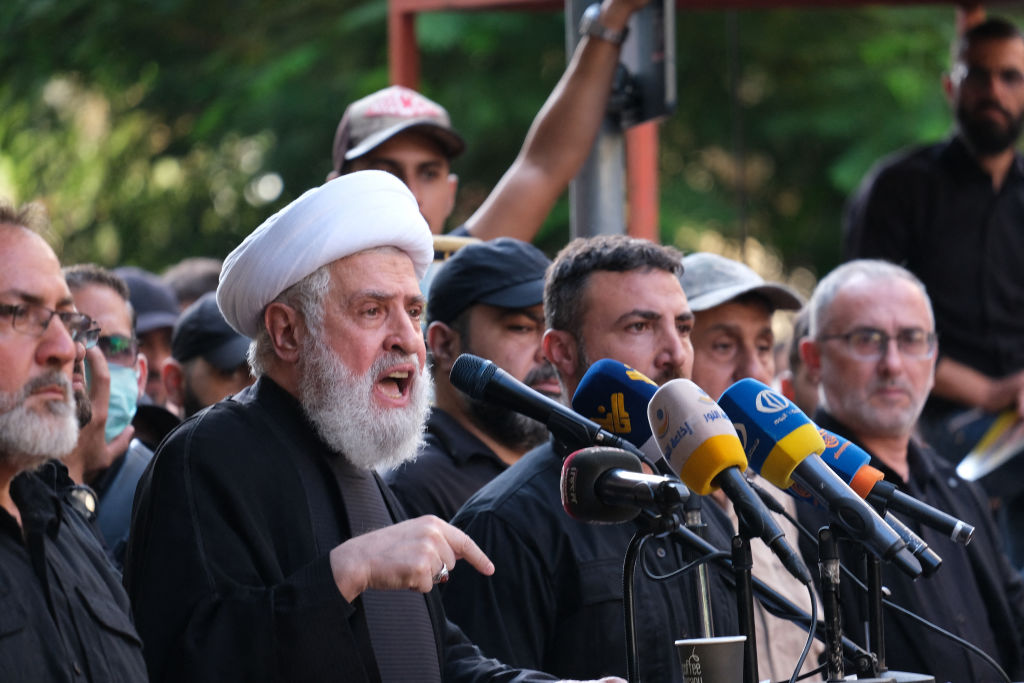

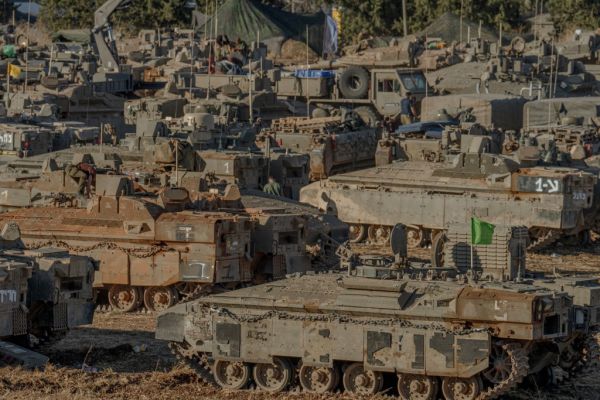
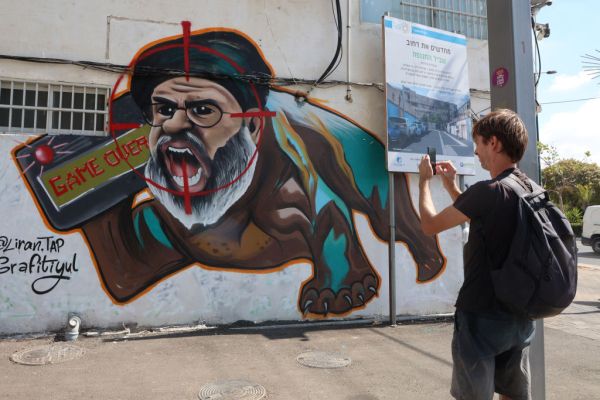
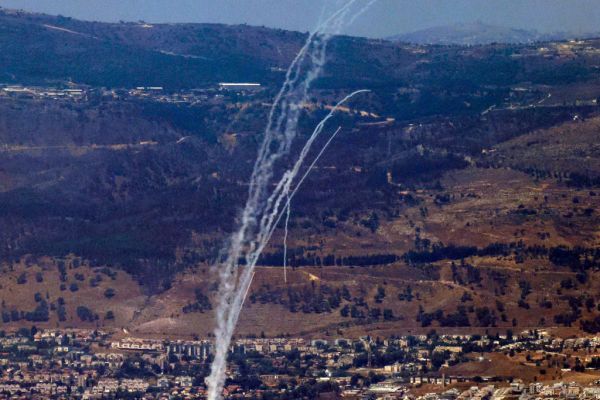

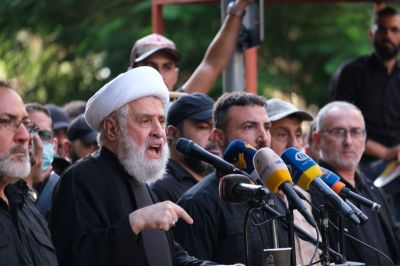
Please note that we at The Dispatch hold ourselves, our work, and our commenters to a higher standard than other places on the internet. We welcome comments that foster genuine debate or discussion—including comments critical of us or our work—but responses that include ad hominem attacks on fellow Dispatch members or are intended to stoke fear and anger may be moderated.
With your membership, you only have the ability to comment on The Morning Dispatch articles. Consider upgrading to join the conversation everywhere.